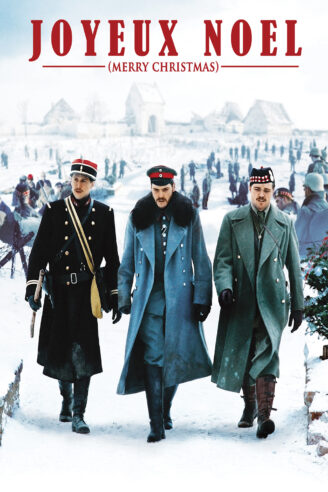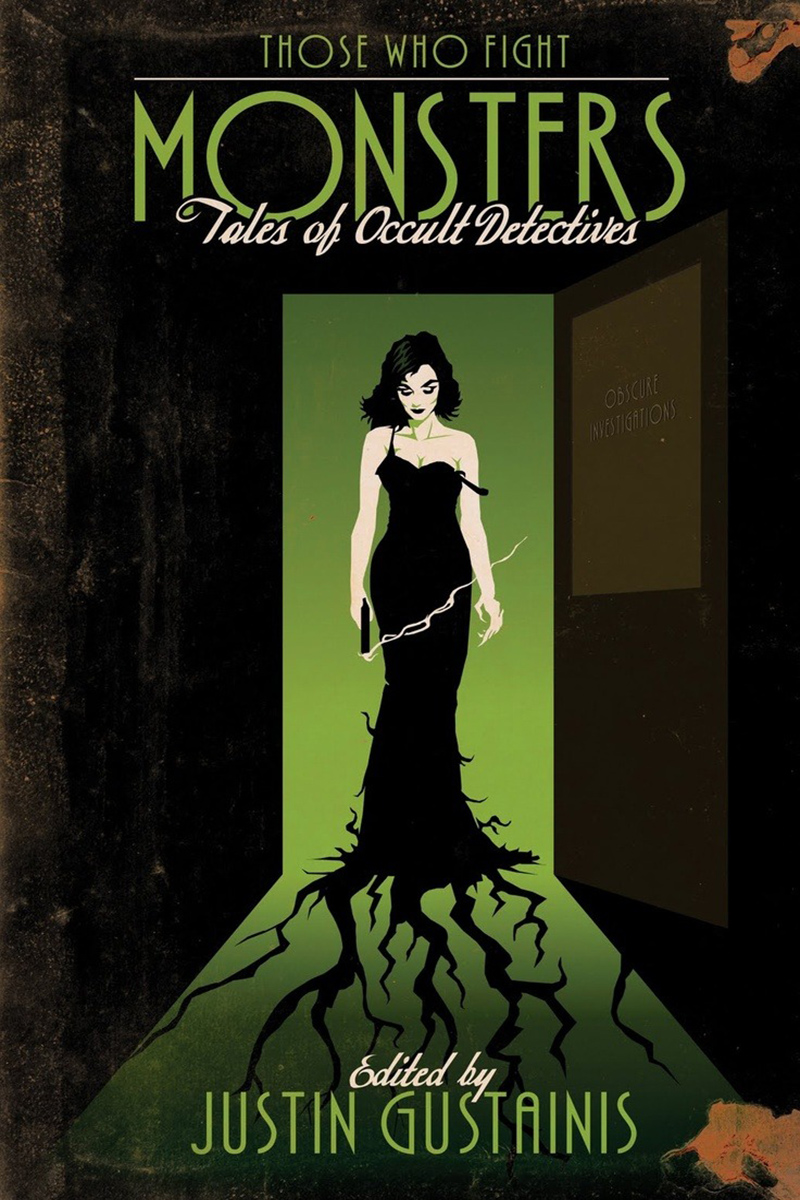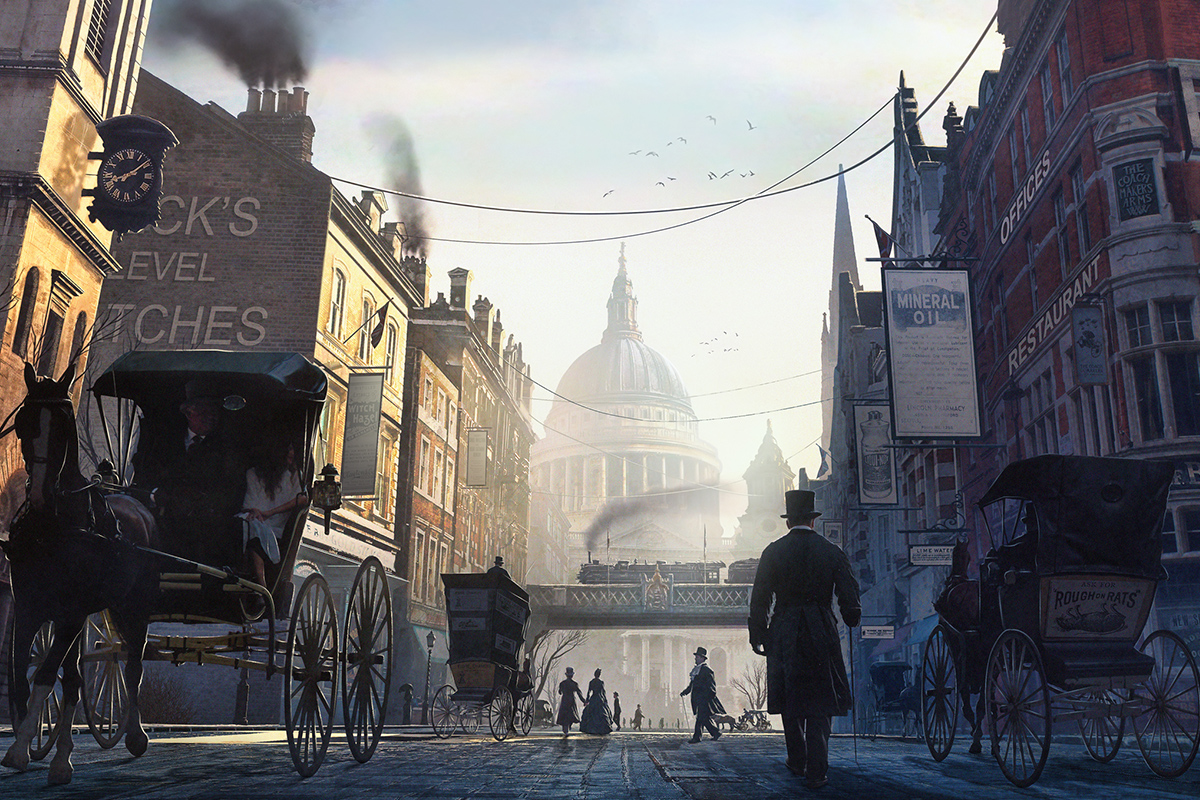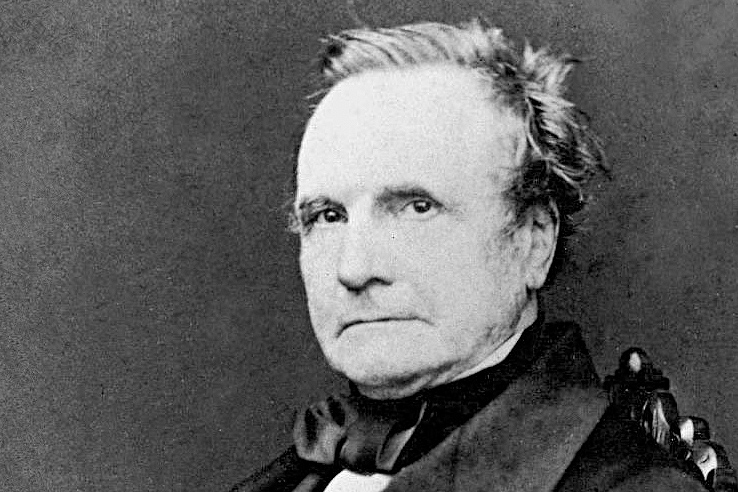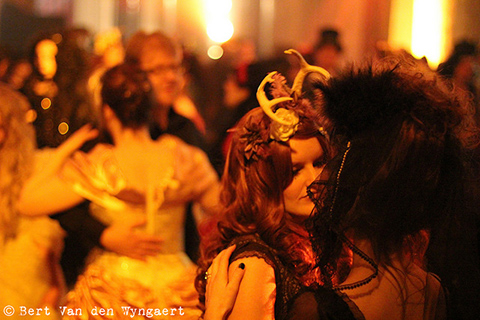The Christmas Truces of the First World War have become the stuff of legend. The actual history is frankly poetic: men of different nationalities seeing each other as human, friends even, in what had been no man’s land, where they had slaughtered each other only the day before. It’s great kindness among great horror, a juxtaposition that has inspired great stories.
One such take is the 2005 multinational film Joyeux Noël, directed by Christian Carion. It is a film that takes its time to be humanist, no small thing in today’s cynical culture. It revolves around six characters — one French, two German, two Scottish (not English, they insist) and one Danish — from a variety of backgrounds, with officers, enlisted and civilians represented. They are representations of how total the war was, and how it affected everyone in those countries, and beyond.
Before giving you unity, the film gives you crushing examples of disunity. Joyeux Noël opens with three children in classrooms, one British, one French, one German, reciting speeches about the righteousness of their cause and the evil of their enemies. The British child gives off the impression that he’s talking about savages, not Germans. The combat scenes are vicious, brutal, unflinching when they are portrayed, which is sparingly. The beauty of this film comes from the contrast of the coldness of battle with the warmth of the truce.
Joyeux Noël stands out for its score. This is a film concerned with music, its power and its ability to bring people together. The Danish woman and one of the German soldiers are singers brought to a French mansion held by the Germans to perform for the crown prince. A Scottish priest plays the bagpipes. When he and the singers interact for the first time, it is a spellbinding moment that brought me to tears.
The songs are a reminder that these people are more similar than they are different. The film makes great use of songs that are sung in multiple European countries, all involving Christianity.
Similarly, the dialogue of a pivotal scene is delivered almost entirely in Latin. (Almost all religion present in the film is Catholic.)
The common humanity of the characters, and of the fighting men more broadly, is constantly contrasted with the murderous logic of war. At multiple points, you are confronted with the irony that the military bureaucracies of opposing governments operate almost identically when presented with the same stimulus: that the men under their command dare treat those on the other side like human beings. There is a cold logic to their decisions, one that cares nothing for things like kindness or empathy. It is the logic of parliaments and general staffs, not the common people. The characters suffer for this immensely, but they are kind all the same.
Joyeux Noël is refreshing in its optimism, in its warm view of humanity. We may speak different languages, pray in different ways, and pledge allegiance to different crowns, but we are all in some way the same at our cores. It would have been a bold message in 1914, it was a bold message in 2005, and it is a bold message today.

